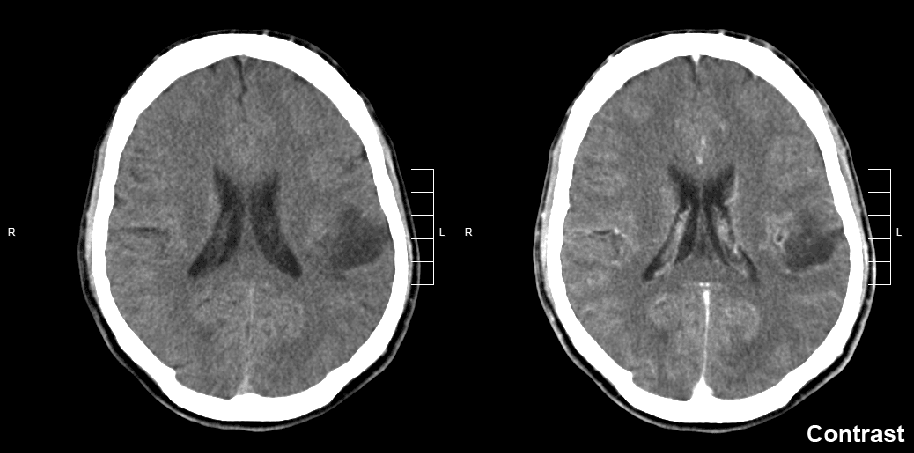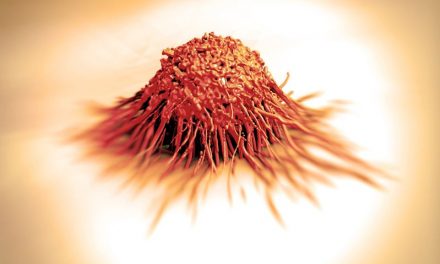A new study has found a surprising relationship between blood sugar and brain tumors and might help researchers understand how certain cancers develop.
The research from The Ohio State University has found that while many cancers are more common among those with diabetes, cancerous brain tumors called gliomas are less common among those with elevated blood sugar and diabetes.
RELATED ARTICLES:
- If Cannabis Can Kill “Incurable” Brain Cancer, Why Is It Criminalized?
- Study: History of Chicken Pox may Reduce Risk of Brain Cancer Later in Life
“The discovery builds on previous Ohio State research showing that high blood sugar appears to reduce a person’s risk of a noncancerous brain tumor called meningioma. Both studies were led by Judith Schwartzbaum, an associate professor of epidemiology and a researcher in Ohio State’s Comprehensive Cancer Center. The new glioma study appears in the journal Scientific Reports.
‘Diabetes and elevated blood sugar increase the risk of cancer at several sites including the colon, breast and bladder. But in this case, these rare malignant brain tumors are more common among people who have normal levels of blood glucose than those with high blood sugar or diabetes,’ Schwartzbaum said.” 1
(Glioma is one of the most common types of cancerous tumors originating in the brain. It starts in the cells that surround nerve cells and help them function.)
The published paper included data from two large long-term studies: AMORIS, which included 528,580 Swedes and Me-Can, which consisted of 269,365 Austrians and Swedes. In total, 812 participants developed gliomas.
RELATED ARTICLE:
Schwartzbaum and her team evaluated blood sugar and diabetes data and its relationship to the development of brain cancer. They found that those who had elevated blood sugar and diabetes had a lower risk of developing glioma; this relationship was strongest within a year of cancer diagnosis.
Schwartzbaum said, “This may suggest that the tumor itself affects blood glucose levels or that elevated blood sugar or diabetes may paradoxically be associated with a protective factor that reduces brain tumor risk. For example, insulin-like growth factor is associated with glioma recurrence and is found in lower levels in people with diabetes than those who don’t have the disease.” 2












